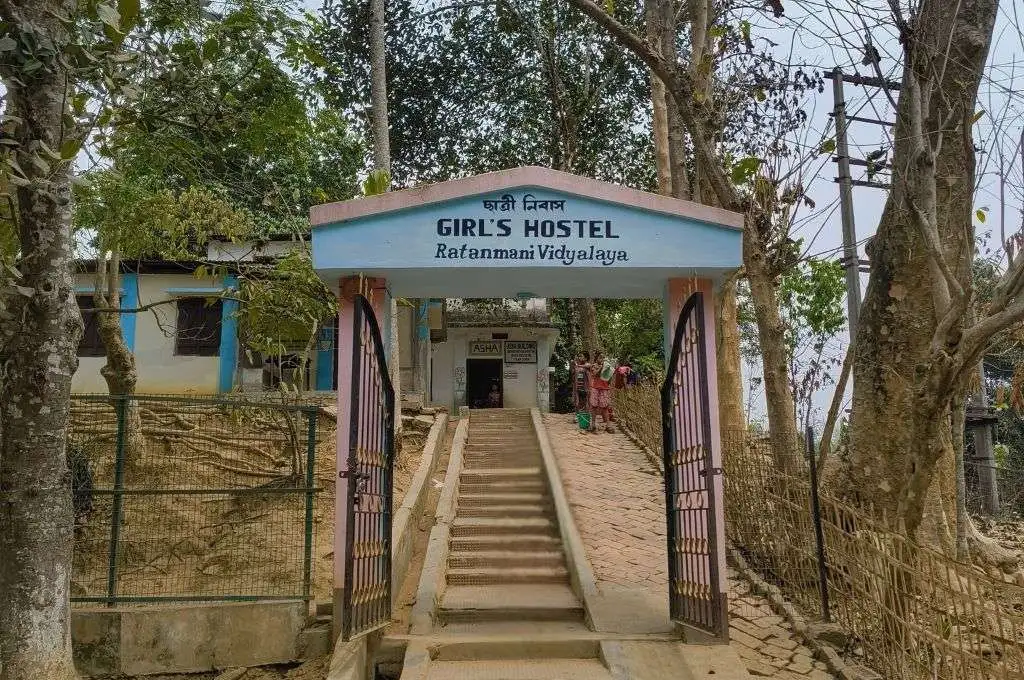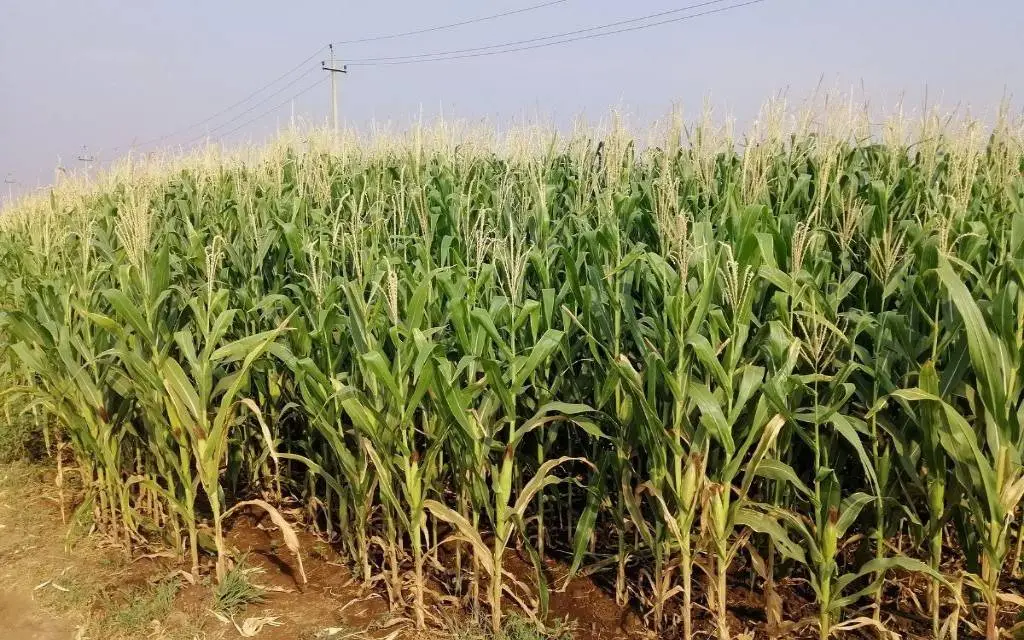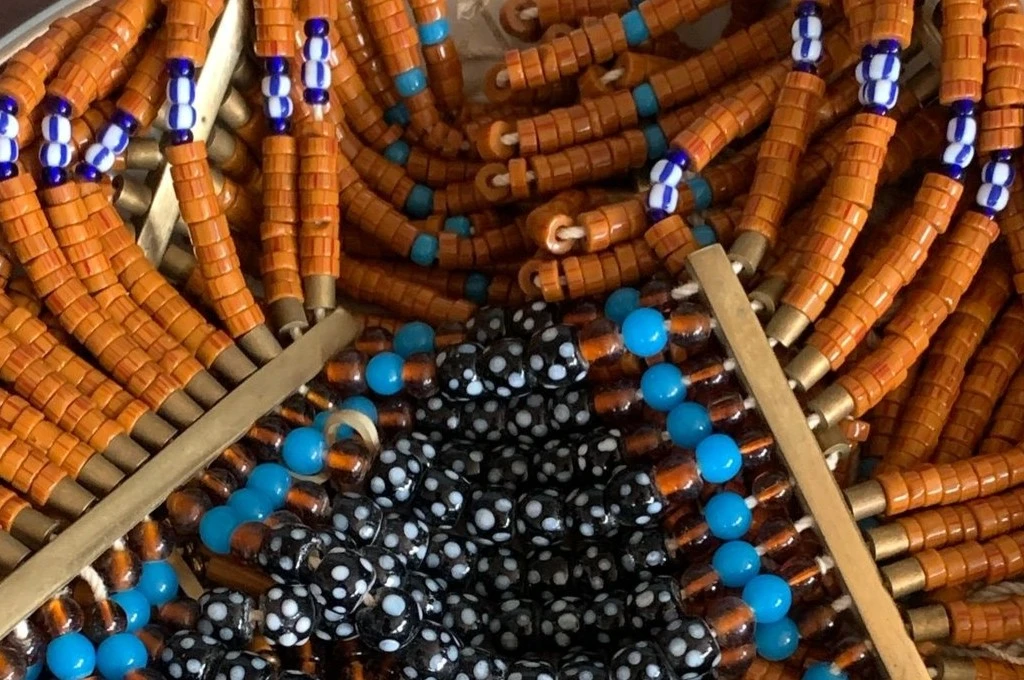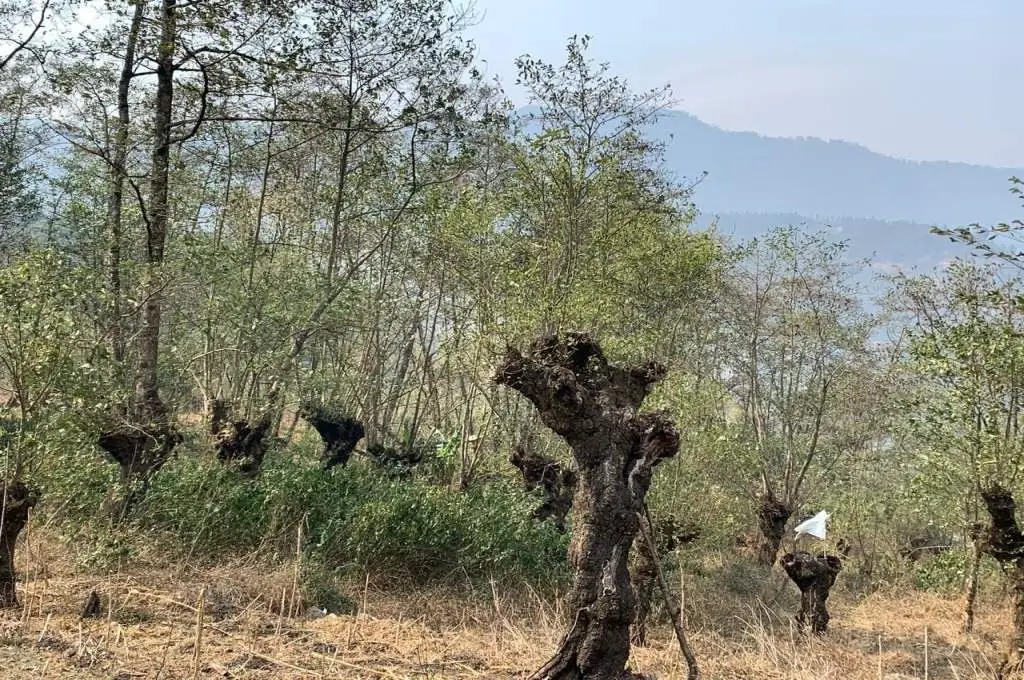A crossing conundrum: How a rail gate is disrupting lives in Delhi
Sawda Ghevra is a resettlement colony in North West Delhi district. The colony was established in 2006 after multiple evictions in Delhi’s slums around the same time. Sawda Ghevra is located such that the residents have to get past a railway crossing and travel 3 km to reach the Ghevra ring road which connects it to the rest of the city. The route is unavoidable for locals who need to catch public buses for their daily commute.
Until recently, people had to walk the entire distance. When the Ghevra metro station came into being in 2018, many residents started buying e-rickshaws for their livelihoods.
E-rickshaws became the preferred mode of transport for the locals to go to work. However, commuting is still a challenge for them because they remain dependent on the closing and opening of the gate at the railway crossing.
Sunil, an e-rickshaw driver in Sawda Ghevra, says that four out of the eight of his working hours are spent waiting at the crossing alone. He says, “Sometimes, the gate takes up to 2 hours to open. If there was no railway crossing, we could easily make 15 to 20 trips in a day.”
Reena is another resident of the colony who works as a domestic worker in Punjabi Bagh, which is approximately 18 km away. She leaves her home at 9:30 every morning and walks to the colony’s chowk to catch an e-rickshaw for Ghevra ring road. She reaches the ring road around 9:50–55 if the railway crossing is open. The crossing becomes a crucial determining factor for when she can catch the bus. Waiting at the railway crossing can result in longer waiting times as the bus only arrives every 30 minutes. Reena adds, “If there’s an emergency and I need to return home quickly, it will be determined by the crossing.”
Sohan, another resident, mentions that many people in the colony have lost their loved ones because they couldn’t reach the hospital on time. “In times of urgent need, how can people even reach a medical hospital? Sadly, in our area, many lives have been lost because of the blocked railway crossings. Even pregnant women in labour aren’t unable to get to the hospital in time.”
Almost everyone in the colony, when asked about the solution, expressed their collective demand for an underpass or a small flyover. They have also been raising these issues with the local leaders. However, it has been almost two decades and there’s no resolution.
Anuj Behal is an urban researcher and practitioner.
—
Know more: Learn why the cloth recyclers in West Delhi struggle for commute.
Do more: Connect with the author at anuj.behal.alumni@iihs.ac.in to learn more about and support his work.



